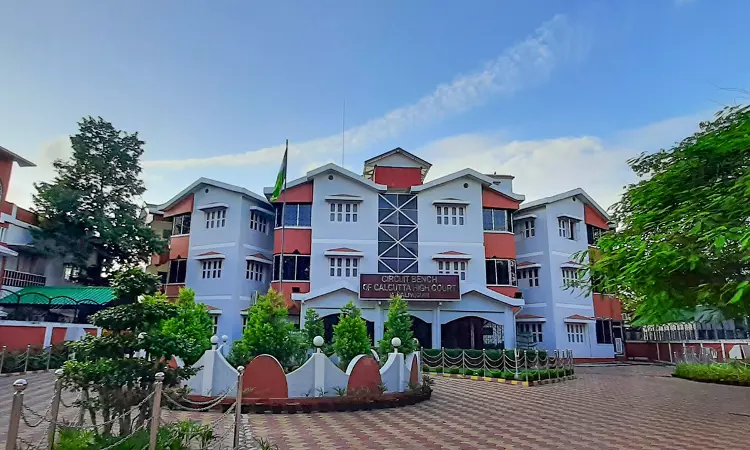Mere GD Entry For Recording 'Reason For Search', 'Intimation To Senior' Not Sufficient Compliance Of S.42 NDPS Act
Srinjoy Das
29 Aug 2023 8:51 PM IST

Next Story
29 Aug 2023 8:51 PM IST
The Calcutta High Court’s Circuit Bench at Jalpaiguri recently granted bail to an accused under the NDPS Act, who had been charged with possession of commercial quantities of YABA Tablets.At the outset, a division bench of Justice Moushumi Bhattacharya and Justice Prasenjit Biswas observed that the commercial truck in which the contraband was being transported being owned by an individual...
